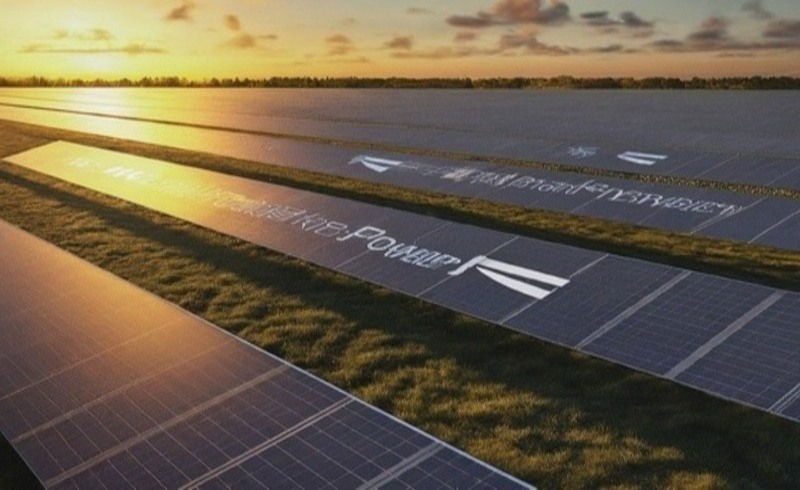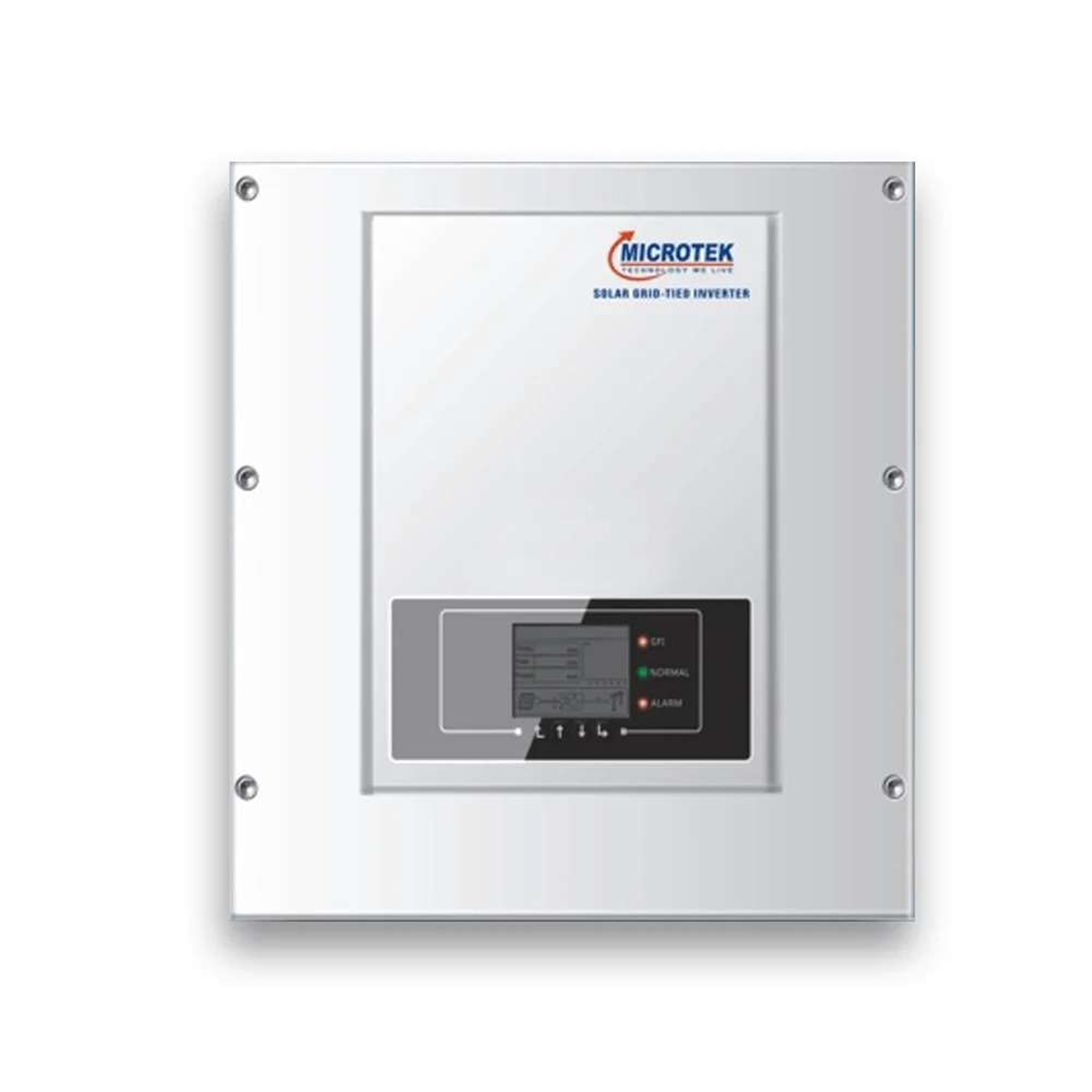
Benefits of Solar Power Systems
Harnessing the Sun: A Deep Dive into the Benefits of Solar Power Systems
Solar power, a renewable energy source derived from the sun's radiant energy, has witnessed a surge in popularity in recent years. As concerns about climate change and energy security intensify, solar power systems have emerged as a viable and sustainable solution for both residential and commercial applications. In this comprehensive article, we will explore the numerous benefits of solar power, from environmental advantages to economic incentives and technological advancements.
Environmental Impact
● Reduced Carbon Footprint: Perhaps the most significant advantage of solar power is its contribution to mitigating climate change. By generating electricity without burning fossil fuels, solar systems significantly reduce greenhouse gas emissions, such as carbon dioxide and methane, which contribute to global warming.
● Preservation of Natural Resources: Unlike fossil fuels, which are finite resources, solar energy is virtually inexhaustible. By relying on solar power, we can conserve valuable natural resources and reduce our dependence on potentially harmful extraction methods.
● Improved Air Quality: Solar power systems produce no harmful pollutants or particulate matter, leading to cleaner air and improved public health. This is particularly beneficial in urban areas where air pollution can be a significant concern.
Economic Benefits
● Lower Energy Costs: One of the most compelling reasons to invest in a solar power system is the potential for long-term cost savings. By generating your own electricity, you can reduce your reliance on the grid and lower your monthly energy bills.
● Increased Property Value: Homes with solar panels often command higher resale values. Prospective buyers are increasingly attracted to properties that are energy-efficient and environmentally friendly, recognizing the long-term benefits of owning a solar-powered home.
● Job Creation: The solar energy industry has experienced rapid growth, creating numerous jobs in areas such as installation, maintenance, and research and development. This economic impact is particularly significant in regions with a strong focus on renewable energy.
Reliability and Independence
● Energy Independence: Solar power systems can provide a degree of energy independence, reducing reliance on the grid and mitigating the risk of power outages. This is especially valuable in areas prone to natural disasters or grid instability.
● Grid Stability: Solar power can help stabilize the electrical grid by providing clean, renewable energy during peak demand periods. This can reduce the strain on traditional power plants and improve overall grid reliability.
● Resilience:: Solar systems can be designed to operate independently during grid failures, ensuring a reliable power supply even in emergency situations. This can be crucial for homes, businesses, and critical infrastructure.
Technological Advancements
● Improved Efficiency: Solar panel technology has advanced significantly in recent years, leading to increased efficiency and lower costs. This means that solar systems can now generate more electricity from the same amount of sunlight.
● Energy Storage: The development of efficient energy storage solutions, such as batteries, is enabling solar systems to store excess energy for use during periods of low sunlight or high demand. This enhances the reliability and versatility of solar power.
● Integration with Smart Grids: Solar power systems can be seamlessly integrated with smart grids, allowing for bidirectional energy flow and optimizing energy consumption. This can further improve grid stability and efficiency.
Conclusion
The benefits of solar power systems are multifaceted, encompassing environmental, economic, and technological advantages. As the cost of solar technology continues to decline and government incentives become more widespread, solar power is poised to play a pivotal role in the transition to a clean energy future. By embracing solar power, individuals and communities can contribute to a more sustainable, resilient, and prosperous world.











